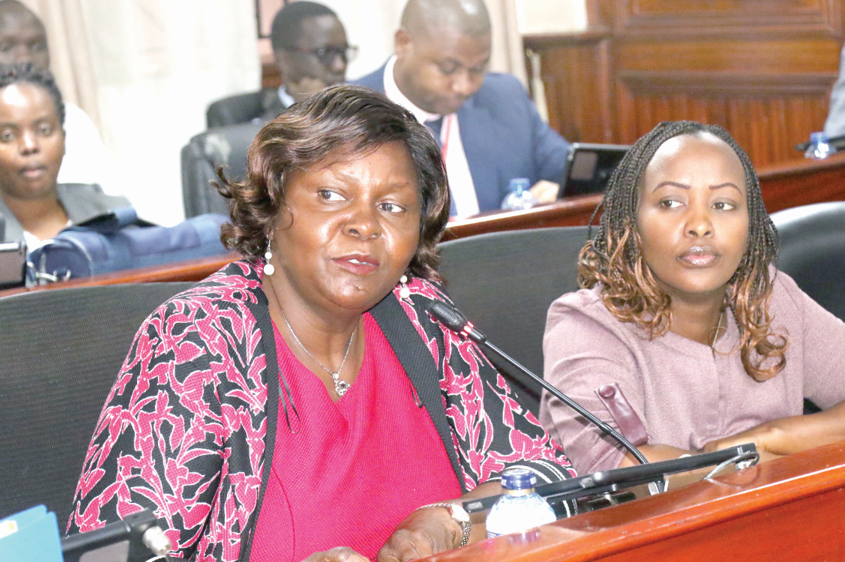Tricks greedy tech firms apply to fleece counties

County governments are spending millions of shillings in compensation to private Financial Technology firms (Fintechs) who have signed agreements to provide platforms for digital payments for various services.
Details have now emerged of how the firms are raking in millions in one-off payments for setting up the systems as well as commissions for every shilling collected through the system.
This even as it emerged that some county governments are not benefitting from the automation as they end up spending more on the firms than the actual revenue they collect.
In addition, in most counties, the Fintechs are charging between four and 15 per cent for every shilling collected.
Article 209(3) of the Constitution gives counties the powers to raise revenue from their own sources in the form of taxes and charges.
According to Commission on Revenue Allocation (CRA), there are more than 33 county governments that have entered into agreements with the Fintechs to collect revenue through the digital platform.
“The cost of these systems is a source of concern. The cost differentiation of the systems with same capabilities from the same vendors across the counties is disturbing,” said CRA chairperson Mary Chebukati.
Appearing before the Senate ICT Committee chaired by Trans Nzoia lawmaker Allan Chesang, Mrs Chebukati called for verification of the costs of the systems between the points of contractual agreement and time of implementation.
Senate ICT Committee has launched investigation into the status of automation of revenue collection in the devolved units. CRA told the committee that the firms have only automated collections for a small percentage of revenue streams, with the rest of streams still being handled manually.
Flow of money
“The current focus on collection is narrow in scope and needs to be expanded to incorporate the entire range of revenue administration,” she said.
In her report tabled before the committee, Mrs Chebukati revealed ‘opaqueness’ in the flow of money collected through the electronic system as the funds collected are first deposited in a Trust Fund before being remitted to the County Revenue Fund account with the vendor’s fees already deducted.
“It must be noted that this arrangement runs contrary to the provisions of the Public Finance Management Act,” CRA said.
In Nairobi, for instance, JamboPay, an online payment gateway owned by WebTribe Limited, was contracted to help in revenue collection.
The firm implemented the revenue collection system known as e-JijiPay during the reign of former Governor Evans Kidero.
The firm set up the system at a cost of Sh23 million which was besides a 6.2 per cent commission for support and maintenance – for every penny collected through the system.
“As at the time of writing this report, approximately 200 of the cash office personnel were under suspension. Consequently, JamboPay personnel are the one’s manning the revenue offices,” the report.
Controller of Budget (CoB) Dr Margaret Nyakang’o told the committee that the devolved units should take deliberate measures to improve the efficiency and effectiveness of personnel involved in the revenue function.
Nyakang’o said instituting effective internal controls and audit mechanisms by Counties contributes to revenue enhancement. “Counties should put in place measures to breach the gaps in internal controls and audit processes including postponed banking of collected revenues and late banking reconciliations,” said Nyakang’o in her report to the committee.











